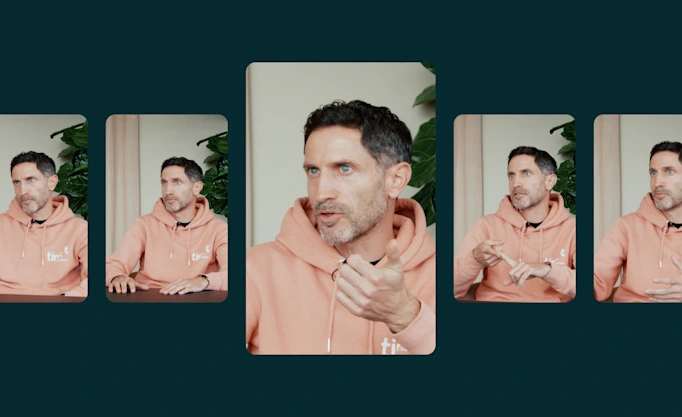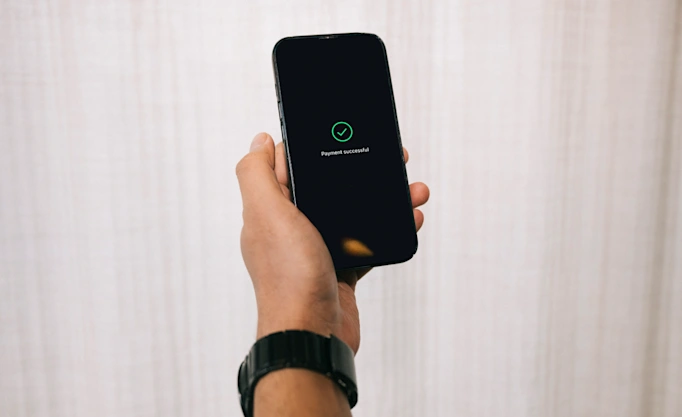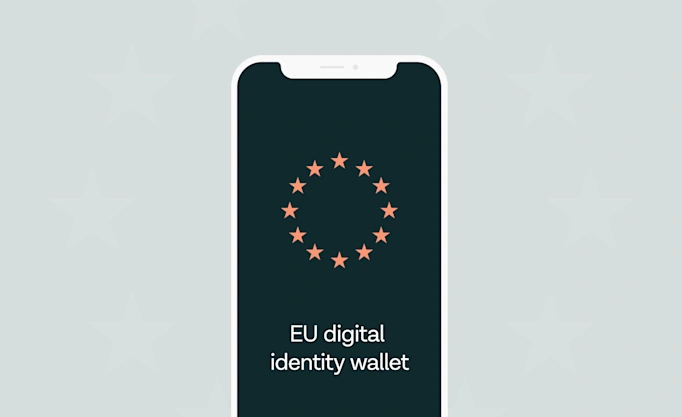Open banking: whose data is it anyway?

Instead of resisting, banks should embrace the opportunity to embrace the spirit of PSD2. First mover advantage is huge.
This article was originally published in Information Age.
Until now, the retail banking market has had little impetus for competition or transparency, and has handed banks a monopoly over their customers data. For consumers, this has meant settling for financial services that do not necessarily meet their needs, with only those who are able to navigate complexity finding the best deals. Equally, this closed market has stifled innovation in the banking sector and has not encouraged the development of competitive bank products that would win over new customers and create loyalty amongst existing ones.
In January next year, PSD2 will put ownership of data in the hands of the individual and enable customers to compel banks to share this data with third parties. Banks that embrace this new landscape and its challenges will be rewarded with their customers’ loyalty.
An end to loyalty through inertia
According to a recent survey from Accenture, more than half of UK consumers would never change how they bank. These feelings of loyalty and trust are born out of familiarity. We have instinctively entrusted our finances to ‘our bank’, without considering if we’re getting the best possible deal for our circumstances as the market has been tainted with a lack of transparency. These bonds of loyalty are starting to fray as a result of fintechs developing platforms that remove the complexity from money management.
PSD2 will break down the barriers between consumers and their data, giving them even more control of their finances, providing simpler mechanisms to transfer from one provider to another and offering a smorgasbord of banking products that suit their needs.
Equally, banks that embrace the new landscape can offer a more personalised range of products that puts the customer at the centre, ensuring that they remain competitive in the new open banking landscape.
Fintechs are ahead of the game, developing apps which bring all of a consumer’s financial data together in one place and use powerful analytics to offer advice tailored to their spending and saving habits. These apps will become the main platform for personal money management, regardless of who the consumer actually banks with.
A data free-for-all?
Understandably, the potential misuse or loss of customer data is a concern for many as the market opens up to new players. According to Accenture’s survey 69% of consumers wouldn’t share their banking data, with 74% citing data protection risks as their reason for this.
Unlocking the power of big data
With constant stories of data hacks hitting the headlines, it is no surprise that some consumers are feeling a little nervous about sharing their banking data with third parties. But the reality is that any third party wanting to participate in open banking will need to be authorised to do so by the FCA.
Consent is key. With PSD2 and stringent new rules for data protection in the form of GDPR, the consumer stands at the centre and is in control of exactly what data is shared, with who and for what purpose.
A brave new world
It’s legislation that will force banks to open up their data, but consumers have already been giving permission to tech companies like Tink to access their data through banks’ APIs – helping them to make smarter financial choices every day.
Forward thinking banks are already embracing the new landscape, partnering with fintechs to combine the functionality of traditional banking apps with personal finance management and aggregation capabilities.
First mover advantage is huge. Early adopter banks can be the heroes and reap the commercial and reputational benefits of delivering a better service to their customers. Those that don’t embrace the opportunity will find their consumers go elsewhere to enjoy more competitive products. It’s now up to banks to decide whether they want to be the winners or the losers in this new world order.
More in Open banking

2025-06-09
11 min read
The case for “Pay by Bank” as a global term
Thomas Gmelch argues that "Pay by Bank" should be adopted as a standard term for open banking-powered account-to-account payments to reduce confusion, build trust, and boost adoption across the industry.
Read more

2025-06-02
3 min read
Tink joins Visa A2A – what it means for Pay by Bank and VRP
Visa A2A brings an enhanced framework to Pay by Bank and variable recurring payments (VRP) in the UK, and Tink is excited to be one of the first members of this new solution.
Read more

2024-11-19
12 min read
From authentication to authorisation: Navigating the changes with eIDAS 2.0
Discover how the eIDAS 2.0 regulation is set to transform digital identity and payment processes across the EU, promising seamless authentication, enhanced security, and a future where forgotten passwords and cumbersome paperwork are a thing of the past.
Read more
Get started with Tink
Contact our team to learn more about what we can help you build – or create an account to get started right away.
